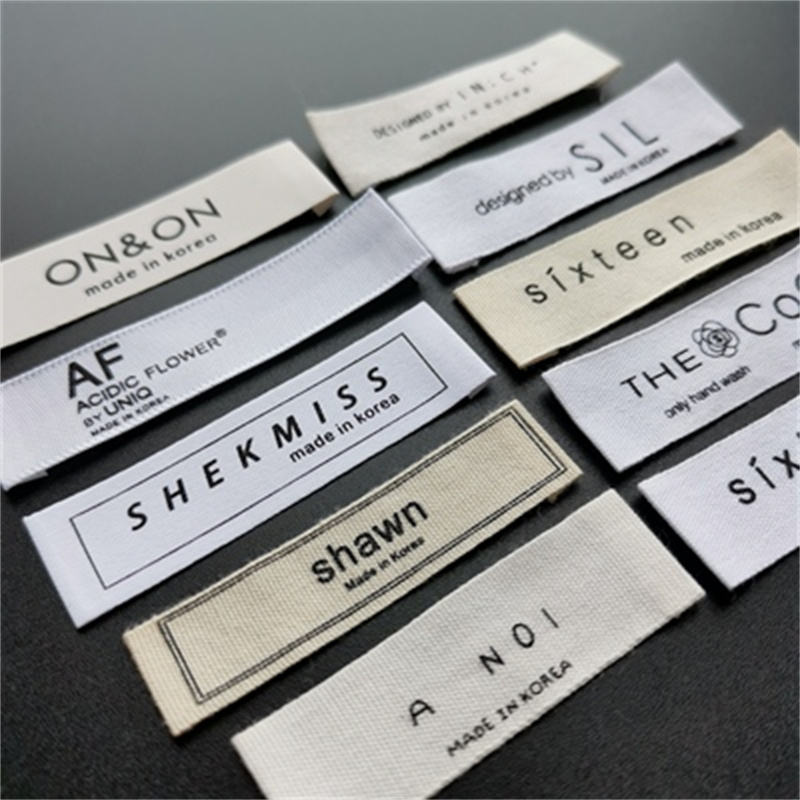
The Importance of Eco-Friendly Clothing Labels in Sustainable Fashion

Sustainable fashion has gained significant attention in recent years as more consumers become conscious of the environmental impact of the fashion industry. While many clothing brands are implementing sustainable practices in their production processes, the choice of materials for clothing labels is often overlooked. In this article, we will explore the significance of eco-friendly choices in clothing label materials and how it contributes to sustainable fashion.
1. Understanding Sustainable Fashion
Sustainable fashion encompasses various practices that aim to minimize the negative impact of the fashion industry on the environment. It involves using environmentally-friendly materials, reducing waste, supporting ethical labor practices, and promoting fair trade. Clothing labels play an essential role in conveying the sustainability values of a brand to consumers, making them an important aspect of sustainable fashion.
2. Traditional Clothing Label Materials and Their Environmental Impact
Conventional clothing labels are often made from synthetic materials such as polyester or nylon. These materials are derived from non-renewable resources and have a high carbon footprint. Additionally, the production of synthetic materials involves chemical processes that release harmful pollutants into the environment. Choosing sustainable alternatives for clothing label materials can significantly reduce these negative impacts.
3. Eco-Friendly Choices in Clothing Label Materials
Fortunately, there are several eco-friendly options available for clothing label materials. Organic cotton is one of the most popular choices as it is grown without the use of harmful pesticides or genetically modified organisms. Another sustainable option is bamboo, which is known for its rapid growth and minimal water requirement. Recycled paper and soy-based inks are also great alternatives that minimize environmental harm.
4. Benefits of Eco-Friendly Clothing Labels
Using eco-friendly materials for clothing labels provides numerous benefits. Firstly, it aligns with the sustainability values of the brand, reinforcing its commitment to the environment. Secondly, it educates and raises awareness among consumers about the importance of sustainable fashion. Lastly, it encourages other clothing brands to adopt eco-friendly practices, creating a positive ripple effect throughout the fashion industry.
5. Consumer Demand and Ethical Fashion
As consumers become more eco-conscious and socially responsible, the demand for sustainable fashion continues to grow. Choosing eco-friendly clothing label materials is a powerful way to meet this demand and attract environmentally-conscious customers. By offering transparency and showcasing sustainable values, brands can build trust, loyalty, and a positive reputation in the ethical fashion space.
Conclusion
When it comes to sustainable fashion, every aspect of the production process should be carefully considered. Clothing labels, though often overlooked, play a crucial role in conveying a brand's commitment to sustainability. By choosing eco-friendly materials for clothing labels, brands can go beyond just producing sustainable garments and extend their commitment to every detail. With the growing demand for ethical fashion, embracing eco-friendly choices in clothing label materials is a step towards a more sustainable and responsible future for the fashion industry.
